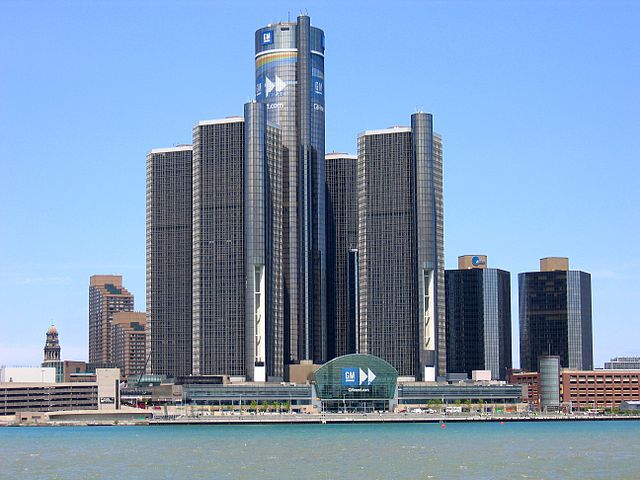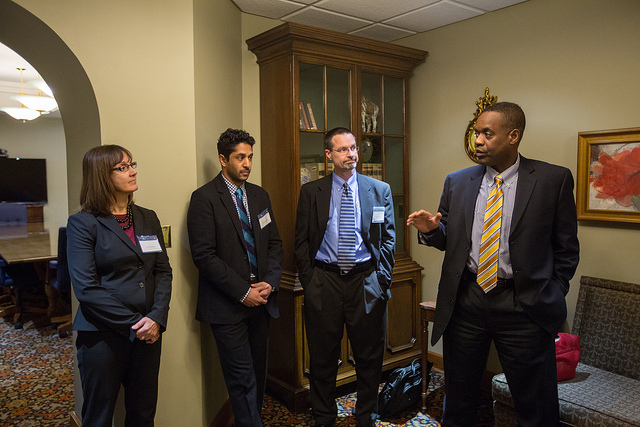Municipal bankruptcies are increasingly becoming a reality in the United States, and it’s changing what we know about how—and to what extent—state laws protect pension benefits.
Detroit made big waves this week when its citizens voted to cut their own pensions. But if they had not approved the ballot measure, the city would have tried to cut their benefits by even greater margins. The fact that this took place in a state with stringent legal protections for pension benefits is making observers elsewhere wonder if a new precedent has been set. From NPR:
Pension benefits already earned have always been sacrosanct, protected by federal law and, often, state constitutions. Retirees could rest easy, knowing their money couldn’t be touched.
The in Detroit by retired city workers to cut their own benefits by 4.5 percent calls all that into question.
“Detroit has raised it as a possibility,” says Daniel DiSalvo, a political scientist at City College of New York who studies public sector labor issues. “I don’t think that most people, maybe with the exception of some unions, think pensions are inviolable.”
With several other cases pending, it’s not at all clear whether federal bankruptcy law trumps traditional pension protections. Pensions continue to have strong legal protection, and there’s not going to be any great rush among states and cities to test whether cutting benefits for current retirees is something that will necessarily fly with the courts.
But the vote in Detroit does suggest that at least some pensioners might have to give up more than they ever expected.
And it won’t be too long until the possibility of more pension cuts are raised elsewhere in Michigan. Flint is considering filing for bankruptcy, as well. From Money News:
Flint, the birthplace of General Motors that once had 200,000 residents, has also endured a spectacular drop in population and factory jobs and a corresponding rise in property abandonment, much like its insolvent big brother an hour’s drive south.
If a judge rules against Flint’s effort to cut its retiree health care benefits, the city is expected to join about a dozen cities or counties that have sought help from the courts since the start of the recession.
“If we don’t get any relief in the courts … we are headed over the same cliff as Detroit,” said Darnell Earley, the emergency manager appointed by Gov. Rick Snyder to manage Flint’s finances. “We can’t even sustain the budget we have if we have to put more money into health care” for city workers.
And, if Flint follows a similar path to Detroit after declaring bankruptcy, it could mean pension benefits are the first thing on the chopping block.
This will all become a bit clearer when Detroit bankruptcy judge Steven Rhodes makes his ruling on the city’s restructuring plan. That won’t come until sometime in September.

